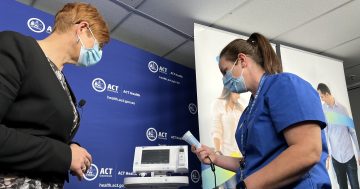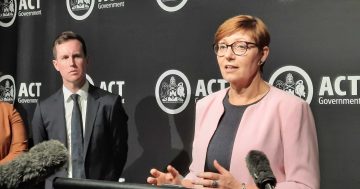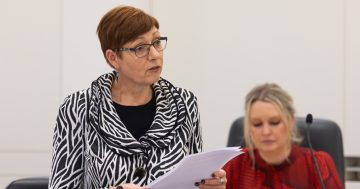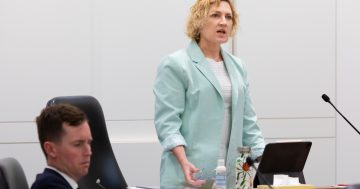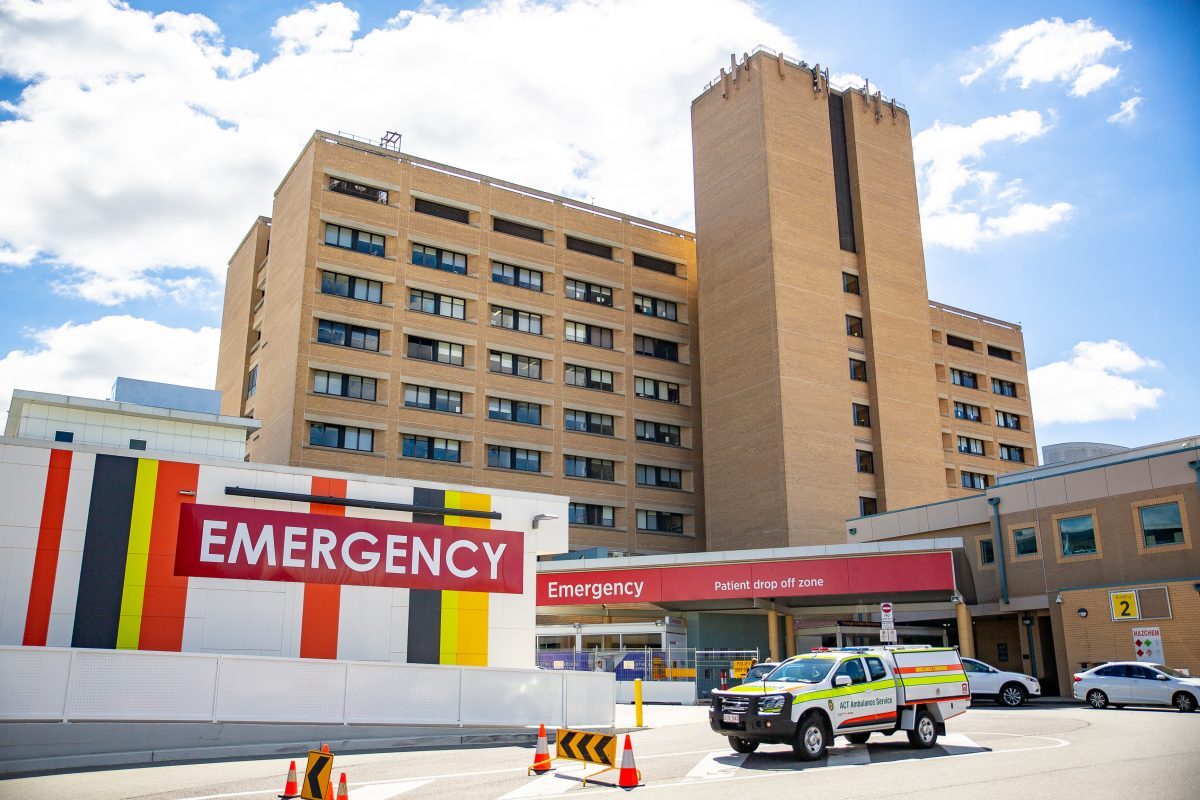
The Opposition wants an “urgent review” of the early warning system used for paediatric patients following the deaths of two children. Photo: File.
Canberra Health Services has pushed back against calls for an independent review into the early warning system used for paediatric patients.
It says the system has already been reviewed in the last year and has been recently accredited.
President of the Australian Medical Association ACT branch Professor Walter Abhayaratna said the current approach could be changed to be brought further in line with those in place in NSW and Victoria, and the Opposition has urged an “urgent review”.
The AMA head told A Current Affair in an interview which aired on Monday (5 September) that systems in other states were in-built with a need to listen to parent concerns and monitoring could be more frequent.
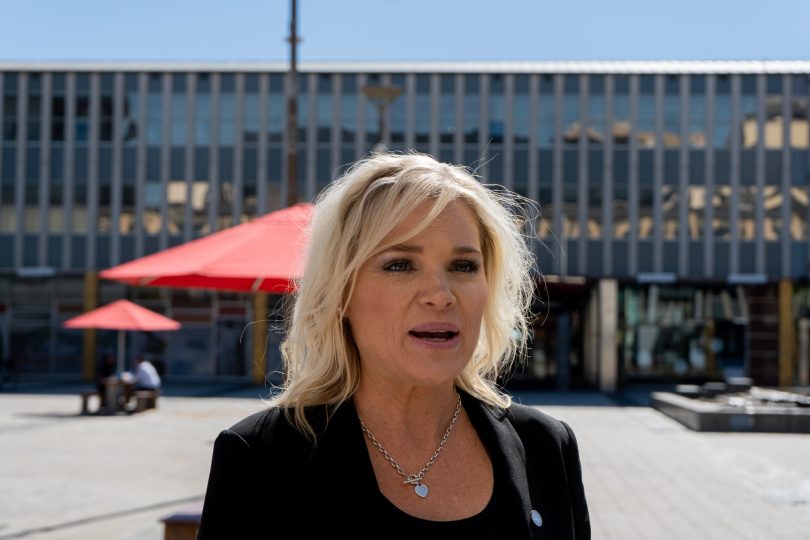
Opposition spokesperson for health Leanne Castley said an inquiry into the facility was long overdue Photo: Region.
Following Professor Abhayaratna’s comments, Opposition spokesperson for health Leanne Castley has called on the government to review emergency paediatric care for seriously ill children “for the sake of every concerned parent or carer”.
“If the president of the ACT AMA is saying the system currently in place at the Canberra Hospital does not identify extremely unwell children early enough, especially compared to other states like NSW and Victoria, then this is something that needs to be addressed immediately,” Ms Castley said.
“I agree with the Health Minister when she says the death of any child is a tragedy, but the question remains, what is she doing today to improve things following these deaths?”
In a statement, a spokesperson for Canberra Health Services said systems are continually reviewed and there had been a “considered review” of the paediatric early warning system in the past year.
“[This] considered its ongoing application and effectiveness for identifying and responding to a deteriorating child, particularly in the context of implementing the Digital Health Record, which will go live in November 2022,” the hospital said.
“The review included input from a range of clinicians, a review of the national and international literature and alternative early warning systems.”
The hospital said its current system was externally confirmed during the recent accreditation process.
The spokesperson noted that one of the national standards specifically relates to recognising and responding to acute deterioration and CHS had met this indicator.
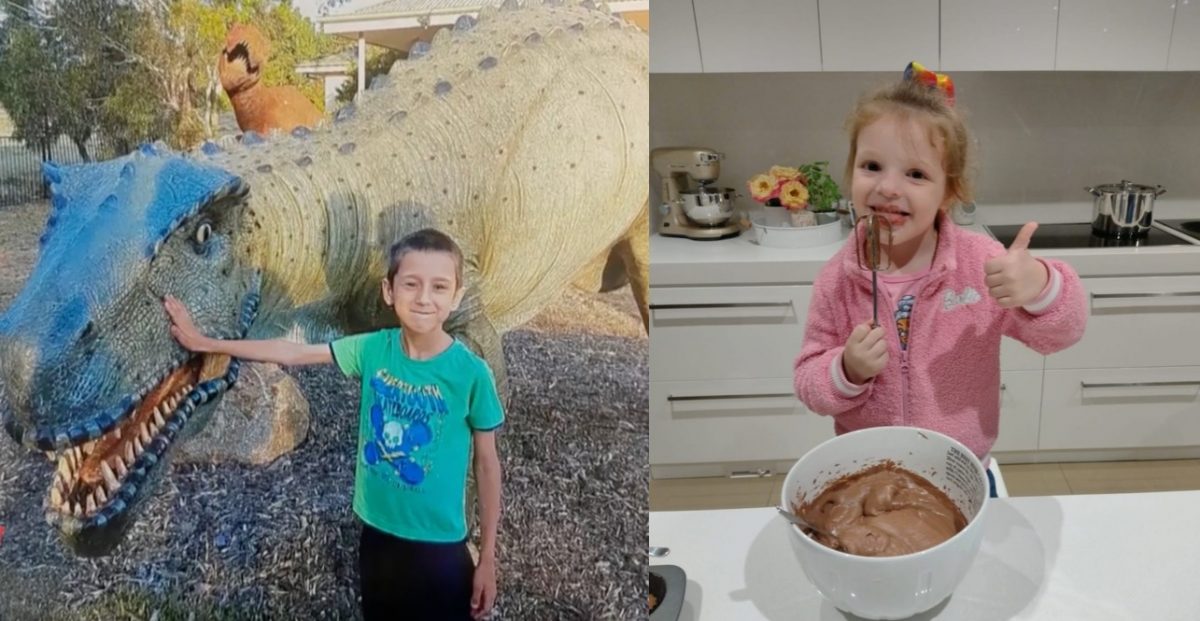
Brian Lovelock, 13, and Rozalia Spadafora, 5, died after receiving treatment at Canberra Hospital. Photo: A Current Affair/Supplied.
The calls for a review into the early warning system follow the deaths of two children who had received treatment at Canberra Hospital.
Five-year-old Rozalia Spadafora died in July after being admitted to Canberra Hospital with the flu. Her grieving parents have since raised concerns about the treatment she received, including that their concerns were not listened to.
Thirteen-year-old Brian Lovelock died in August after contracting COVID-19 and becoming seriously unwell. His mother, Mel Clancy, told A Current Affair he had been seriously underweight as a result of an eating disorder that he’d had for most of his life.
Paramedics were called to the house to assist after Brian collapsed in the shower on 5 August. A fire crew came to the house to provide backup to paramedics but allegedly refused to enter due to COVID-19 being in the house.
Brian went into cardiac arrest, and although he was revived at the hospital after 45 minutes of CPR, he died some days later after being transferred to a hospital in Sydney.
Both deaths are under investigation by the coroner.
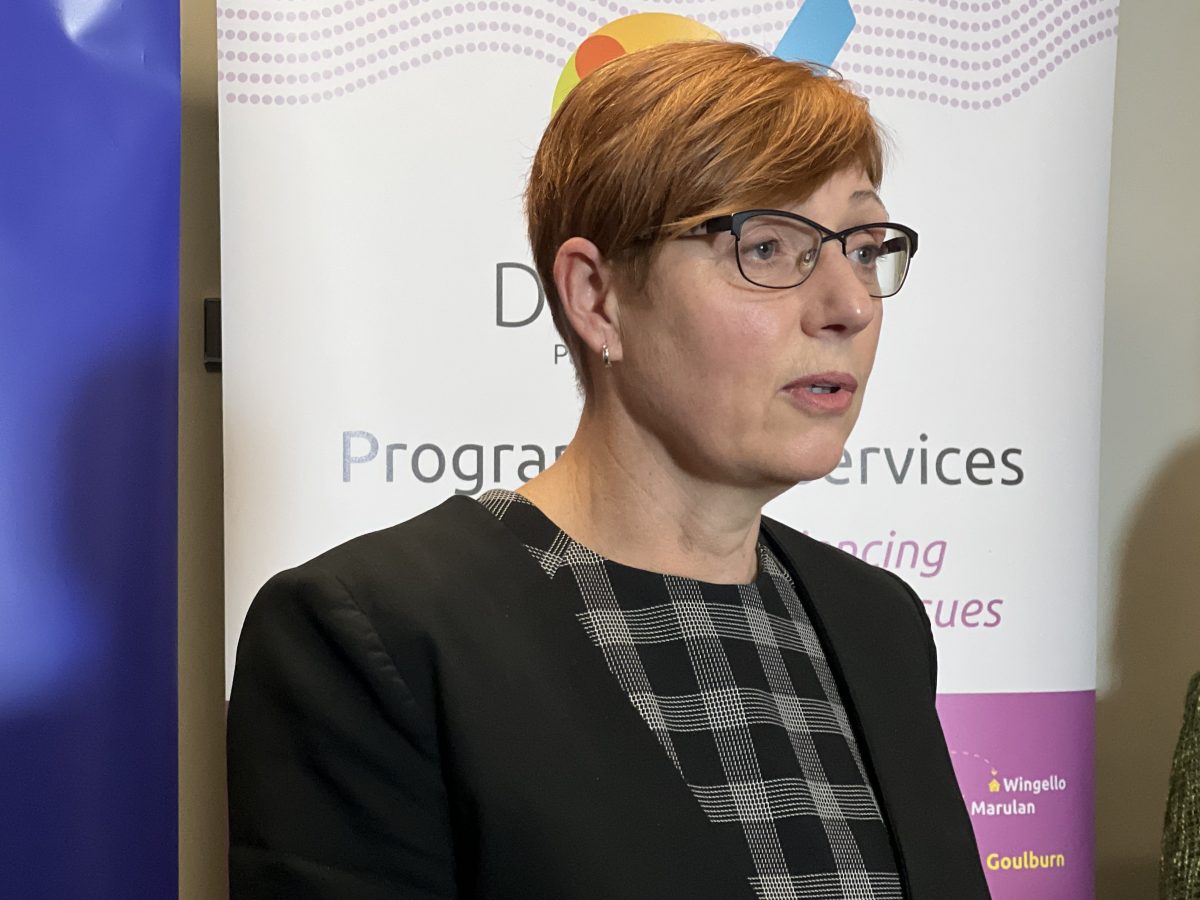
Minister for Health Rachel Stephen-Smith says the government would never tell someone drugs are safe. Photo: Lottie Twyford
Health Minister Rachel Stephen-Smith has declined to comment on individual matters while investigations are ongoing.
“I have been always willing to stand up in relation to matters – even when they are quite difficult and quite confronting – and where we’ve had to apologise on behalf of the ACT Government when something hasn’t quite gone right or hasn’t met the community’s expectations,” she said.
“In relation to these matters, it is very important that a range of investigation processes are undertaken. I am confident in [those] processes.
“The death of any child is an absolute tragedy and my heart goes out to them.”
Ms Stephen-Smith said an early learning from these tragedies might be that communication with families about the investigation process and providing “proactive support”.













